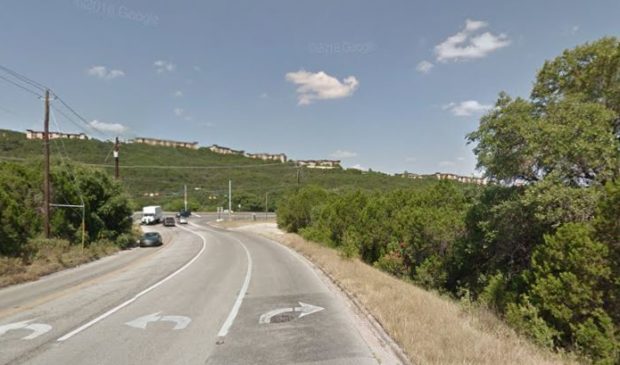Environmental Commission rejects Champion tract amendments
Tuesday, January 23, 2018 by
Jessi Devenyns After years of lawsuits related to the development of the Champion tract, proposed amendments to the original 1996 development agreement will go to City Council without the Environmental Commission’s blessing.
“We are here to tell you what the best environmental thing to do for this land is,” Commissioner Pam Thompson said to city staff last Wednesday. “Anything else that you ask us to do is really compromising from our point of view.”
The commission was the most recent entity to take a stance in the debate over whether Council should grant waivers that would allow a developer to cover more of the environmentally sensitive Hill Country site with impervious cover. The 45-acre tract of land at 6409 City Park Road has a steep topography and mature woodland, and it is a known habitat for the endangered golden-cheeked warbler.
The commission voted 7-2 that the amendments to a settlement and city ordinances are “not necessarily environmentally superior” to the original agreement and “cannot be recommended as presented.” Commissioners Andrew Creel and Hank Smith opposed the motion.
Council originally approved the variances in November 2016, but a Travis County judge found that Austin city leaders failed to provide proper public notice about what they intended to do on this tract and that any vote would be, therefore, void. Council requested the commission’s recommendation last month.
The commission’s decision to not recommend the prevailing compromise to Council comes with a risk. City Environmental Officer Chuck Lesniak, who is at the center of developer negotiations, warned, “If Council does not approve (the amendment), the 1996 agreement stands.”
He explained that the developer relinquished the right to build on 30 acres of the 45-acre tract in exchange for the city’s proposed waivers. However, he did acknowledge that within the 15 acres they will be able to develop, “the impacts are going to be much higher on a per-acre basis.”
Commissioner Wendy Gordon expressed her consternation at the negotiated waivers, which she viewed as environmentally compromising. “You all have created that monster, not us,” she said to city staff.
Commissioner Pam Thompson offered her solution to the legal predicament. “I think we should tell them to comply with current code,” she said.
According to Lesniak, if the land was developed under current regulations, “most of the property under the current code is not developable.”
Bobby Levinski, an environmental attorney helping area neighborhoods with this case, was more specific. “When you look at all of the development constraints on the property – the steep slopes, limited vehicular access, flood plains and zoning restrictions – you start to see that as much as 28 acres of the 30 acres can’t even be realistically developed,” he explained.
However, since recommending development under the modern, updated code was not on the table, Commissioner Hank Smith said that he felt the 2016 amended offer was the lesser of two evils. “When you get right down to it, I think the 2016 one is more protective,” he said. “It’s just not a huge amount better.”
Unlike the 1996 agreement, which is valid in perpetuity, the 2016 solution has a timer. “This particular agreement has a 10-year term,” explained Richard Suttle, a development attorney who was representing the applicant. “Any redevelopment is subject to current code.”
Despite Suttle’s best efforts to allay the commissioners’ fears, Commissioner Mary Ann Neely said, “The truth is, in my opinion, is it’s not sufficiently superior to the original.”
With questions being fired at city staff from all the commissioners, Commissioner Andrew Creel took a step back. “If we take that uncompromising stance then they’re going to assume that’s always going to be our stance,” he explained. He later addressed his fellow commissioners to say, “I want to make sure that we’re looking at the facts and not being influenced by political whims.”
The Austin Monitor’s work is made possible by donations from the community. Though our reporting covers donors from time to time, we are careful to keep business and editorial efforts separate while maintaining transparency. A complete list of donors is available here, and our code of ethics is explained here.
You're a community leader
And we’re honored you look to us for serious, in-depth news. You know a strong community needs local and dedicated watchdog reporting. We’re here for you and that won’t change. Now will you take the powerful next step and support our nonprofit news organization?



